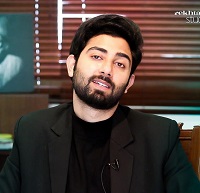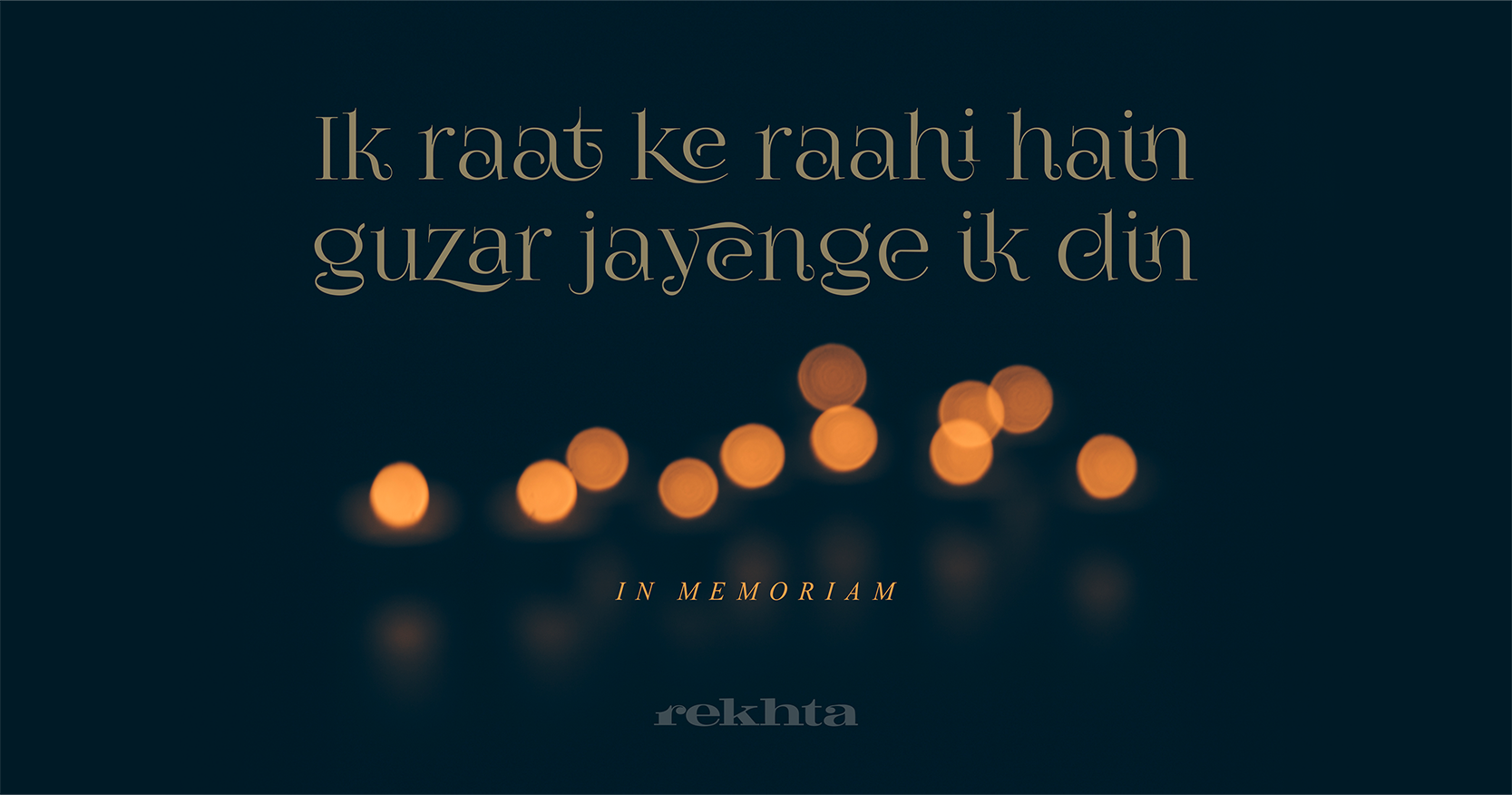
IN MEMORIAM: SAQI FARUQI, MOHAMMAD ALVI, FAHMIDA RIAZ AND HAMIDI KASHMIRI
These remarkable poets left for their heavenly abode in the year 2018.
Some of our most remarkable poets breathed their last in the year 2018. Venerable ones like Saqi Faruqi, Mohammad Alvi, Fahmida Riaz and Hamidi Kashmiri would live with us for the way they lived life and confronted death.
As all poets transcend time and space, they also did the same. We carry their legacy and celebrate their words. Let us see how they perceived and interpreted life and death in their own ways.
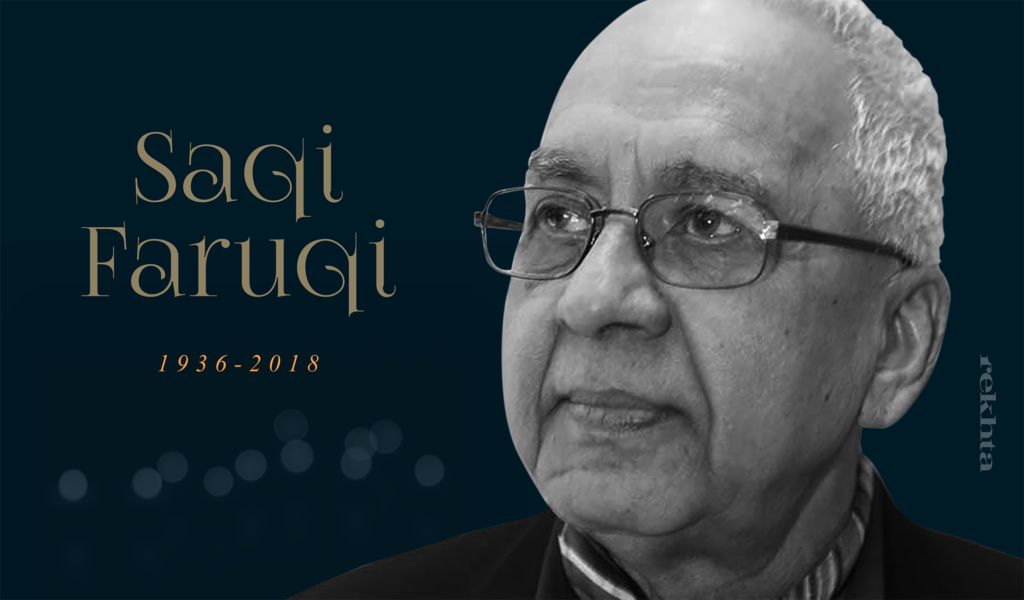
In one of his sher, Saqi underlined the eternal reality of death:
WO LOG JO ZINDA HAIN WO MAR JAYENGE IK DIN
IK RAAT KE RAAHI HAIN GUZAR JAYENGE IK DIN
In yet another composition, Marta Lamha, he viewed time as a continuum of dying moments:
IS LAMHE KI HAM-RAHI MAHSUS KARO
IS SE TUMHAARA BAS ITNA HI RISHTA HAI
IS KI RAH KA EK BE-MASRAF PATTHAR HO
IS KA DIL KONPAL KI TARAH MULAEM HAI
IS DUNIYA AUR IS KE DUKHON KE BARE MEIN
JAB KOI BAAT SUNEGA KUMHLA JAEGA
KHAAMOSHI SE IS KE SAAE SAAE CHALO
AUR AGAR KOI BAAT HI IS SE KARNI HAI
AANE WALE ACHCHHE DINON KI BAAT KARO
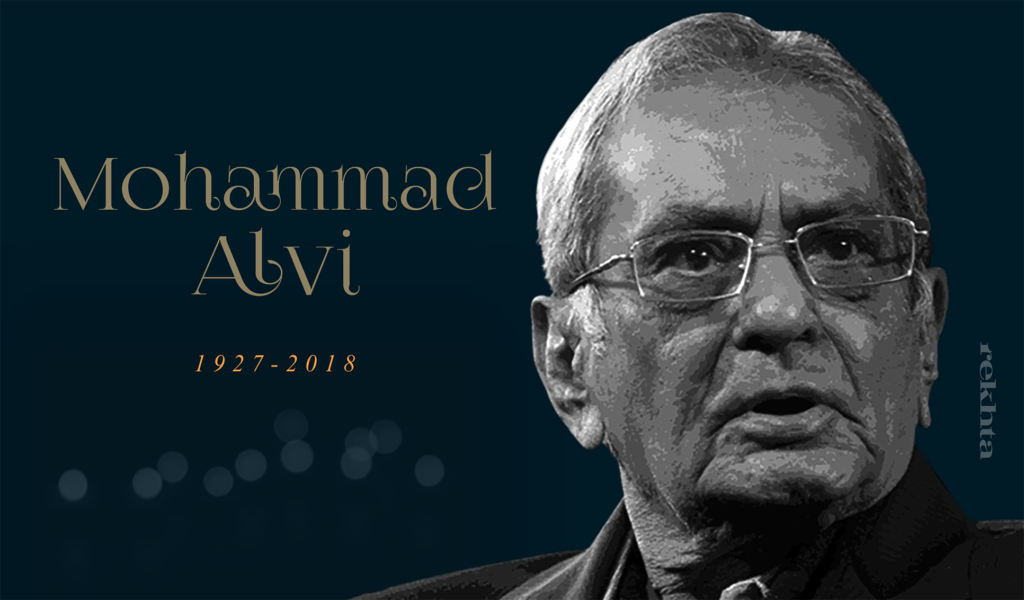
Alvi touched the nerve of life and death in a piercing sher:
CHALA JAUNGA JAISE KHUD KO TANHA CHHOD KAR ‘ALVI’
MAIN APNE AAP KO RAATON MEIN UTH KAR DEKH LETA HUN
In one of his nazms, he developed a view of life and death in his intriguingly postmodernist style in his poem:
KAHAAN DAFN HAI VO
NAQAHAT KE MARE BURA HAAL THA
PHIR BHI BISTAR SE UTH KAR
BADE PYAR SE US NE MUJH KO BULAAYA
MERE SAR PE SHAFQAT-BHARA HATH PHERA
NIHAYAT HALIMI SE MUJH KO KAHA
SUNO MERE BACHCHE
TUMHEIN AAJ MAIN
APNE PACHPAN BARAS DE RAHA HUN
AGAR HO SAKE TO
KABHI IN KI QIMAT CHUKANA
MERI QABR PAR THUK JAANA
BAS ITNA KAHA AUR WO MAR GAYA
AUR MAIN
US KE BARSON KI QIMAT KO
MUNH MEIN CHHUPAE
USE DHUNDTA HUN
KAHAN DAFN HAI WO
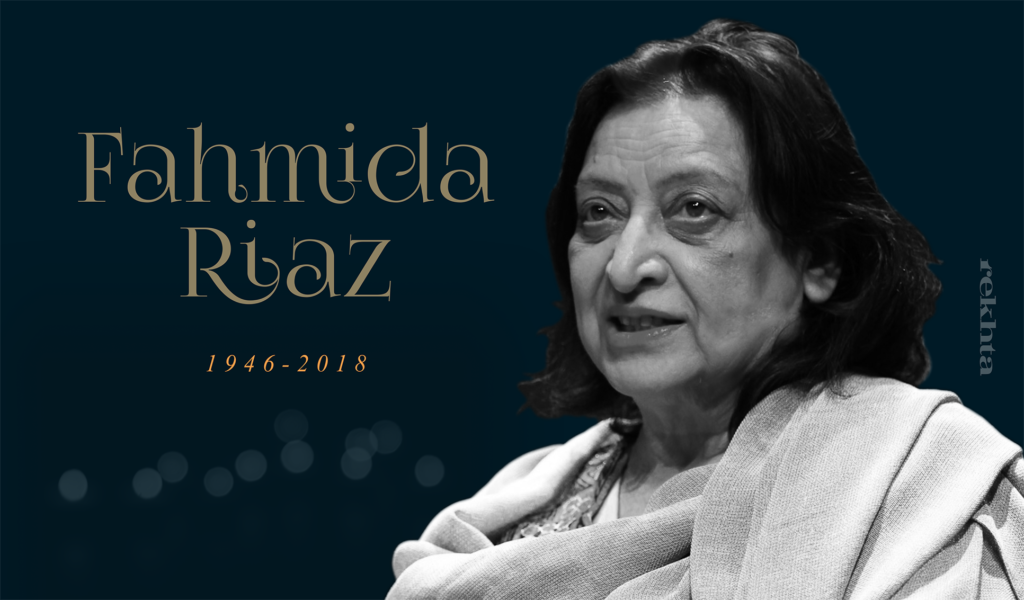
One of the most important feminist poets of our times, Fahmida Riaz, came up with a vision of eternity in her poem called Abad. As she asks to put out the light, she travels in a different direction:
ABAD
YE KAISI LAZZAT SE JISM SHAL HO RAHA HAI MERA
YE KYA MAZA HAI KI JIS SE HAI UZW UZW BOJHAL
YE KAIF KYA HAI KI SAANS RUK RUK KE AA RAHA HAI
YE MERI AANKHON MEIN KAISE SHAHWAT-BHARE ANDHERE UTAR RAHE HAIN
LAHU KE GUMBAD MEIN KOI DAR HAI KI WA HUA HAI
YE CHHUTTI NABZ, RUKTI DHADKAN, YE HICHKIYAN SI
GULAB O KAFUR KI LAPAT TEZ HO GAI HAI
YE AABNUSI BADAN, YE BAZU, KUSHAADA SINA
MERE LAHU MEIN SIMATTA SAYYAL EK NUKTE PE AA GAYA HAI
MERI NASEN AANE WALE LAMHE KE DHYAAN SE KHINCH KE RAH GAI HAIN
BAS AB TO SARKA DO RUKH PE CHADAR
DIYE BUJHA DO
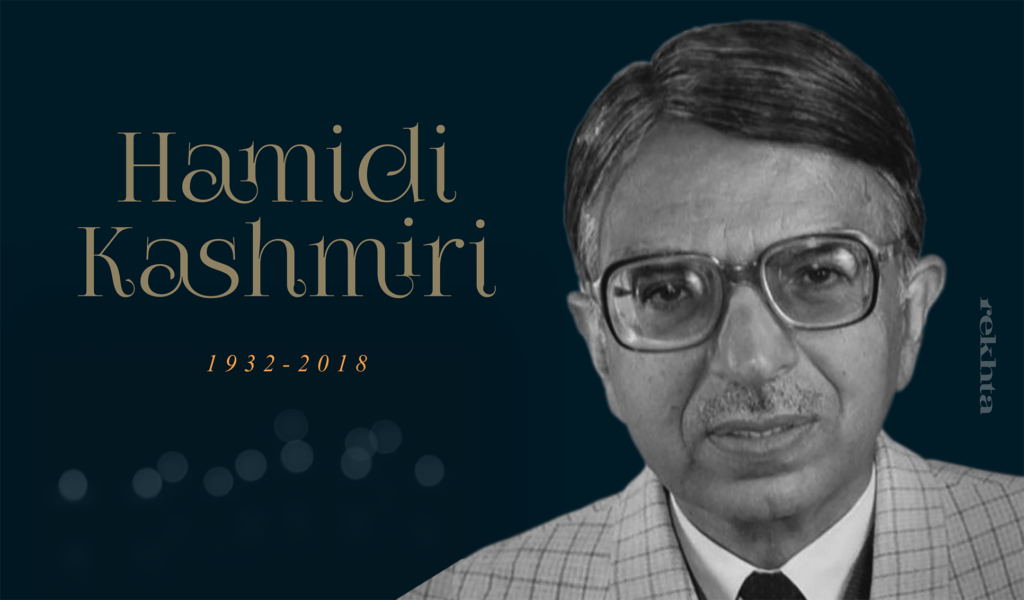
Meeting death is like earning an awareness of the inevitable. Hamidi Kashmiri expresses himself in his poem:
IDRAAK
EK KANTA DIL KO DASTA THA
MAUT SE PAHLE HI
US NE HOSH MEIN AA KAR
BACHCHON SE KYUN NAZREN PHERIN
BARSON BAAD
SAPID LABAADA ODHE AAI
BOLI MAIN NE JITE-JI PAL PAL
RISHTON KE KARB KO JHELA HAI!
MAUT AAZADI KI RAHAT HAI!
MAUT SE PAHLE HI
MARNE KA IDRAAK HUA
MUJH KO MARNE KI KOI UJLAT NA THI
KHUD SE MILNE KI KOI SURAT NA THI
The idea of death has drawn the attention of almost all poets and in all ages. One of the foremost Urdu poets Meer Anis summed it for us.
‘ANIS’ DAM KA BHAROSA NAHIN THAHAR JAO
CHARAGH LE KE KAHAN SAMNE HAWA KE CHALE
The legacy of Anis continues to live with us, as would the legacies of Saqi, Alvi, Riaz and Hamidi.
NEWSLETTER
Enter your email address to follow this blog and receive notification of new posts.




